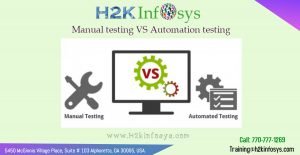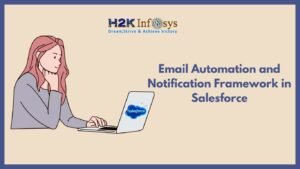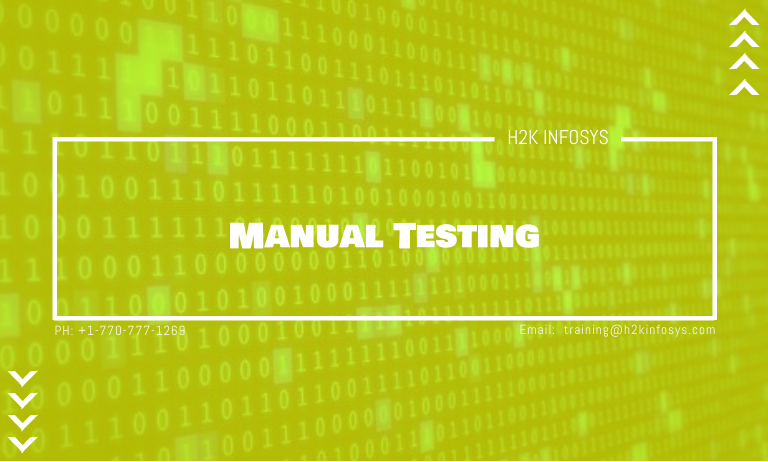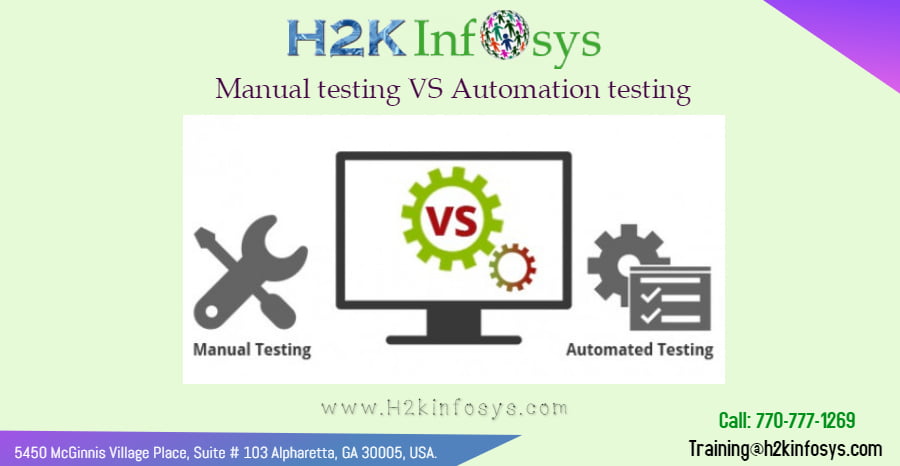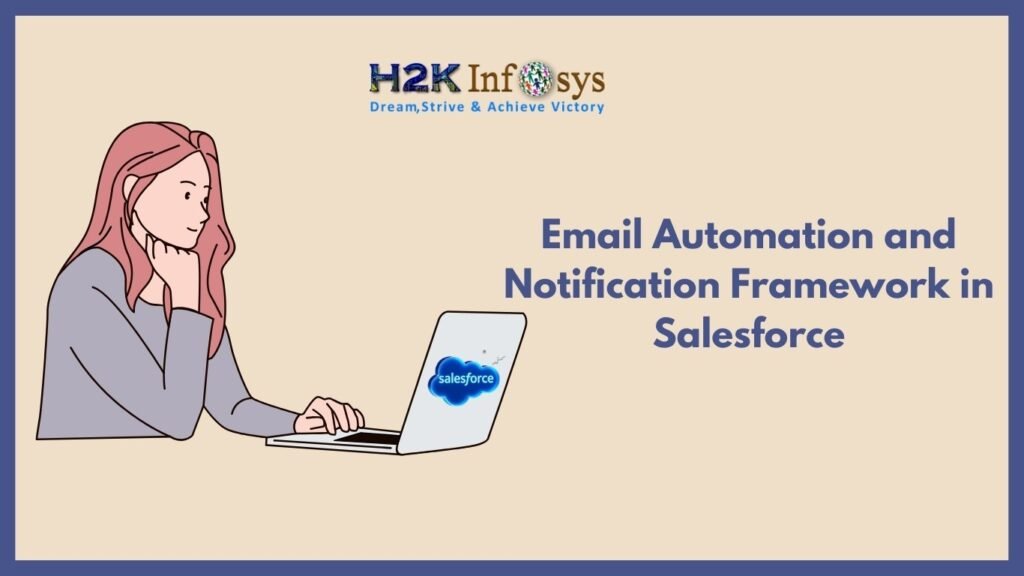Introduction
Behind every successful Salesforce implementation lies a well-equipped and high-performing Salesforce Development team. Salesforce, a global leader in customer relationship management (CRM), is used by thousands of companies to manage leads, sales, customer service, and marketing. However, simply having Salesforce isn’t enough leveraging its power through expert configuration and customization is key.
This is where your Salesforce Development team becomes invaluable. Whether you’re a small startup or a Fortune 500 company, a skilled team can dramatically improve productivity, customer experience, and business decision-making. In this blog, we’ll break down how to build and manage a high-performing Salesforce Development team, with emphasis on Salesforce administrator courses, Salesforce admin training, and real-world strategies.
Why Salesforce Development Teams Matter
A Salesforce Development team isn’t just about coding. It brings together developers, administrators, business analysts, and architects who collaborate to deliver solutions that align with business goals. These teams are central to implementing CRM workflows, managing data integrity, automating business processes, and developing custom apps within the Salesforce ecosystem.
A strong Salesforce Development team:
- Drives digital transformation
- Enhances customer engagement
- Improves internal workflows
- Ensures high ROI from Salesforce investments
- Maintains consistent data security and compliance
- Supports scalability during business expansion
Salesforce Development is especially critical in industries like healthcare, finance, retail, and technology where customer interactions and data handling need to be both seamless and secure. By implementing custom Salesforce solutions, development teams can tailor user experiences, streamline operations, and reduce manual overhead.
Core Roles in a Salesforce Development Team
To build a balanced and effective Salesforce Development team, it’s essential to understand the key roles and how they contribute.
1. Salesforce Administrator
Salesforce Administrators are the unsung heroes who keep systems running smoothly. They:
- Manage users, data, and security settings
- Configure Salesforce without code
- Create reports and dashboards
- Handle routine maintenance and updates
- Ensure data cleanliness and security
Relevant training: [Salesforce administrator courses], [salesforce admin training], [salesforce administrator classes]
2. Salesforce Developer
Developers are responsible for the technical customization and coding side of Salesforce Development. They:
- Write Apex code and Visualforce pages
- Build Lightning Components
- Integrate Salesforce with third-party apps
- Customize features that go beyond what admins can do with clicks
Salesforce Developers need a firm grasp on JavaScript, REST/SOAP APIs, and data modeling within Salesforce.
3. Business Analyst
Business Analysts serve as the bridge between business needs and technical execution. They:
- Gather requirements from stakeholders
- Translate business needs into Salesforce solutions
- Help prioritize features and functionality
A good analyst ensures the Salesforce Development process stays aligned with broader company goals.
4. Salesforce Architect
Architects ensure long-term success by designing scalable architecture. They:
- Define technical vision and roadmap
- Establish governance and standards
- Lead design decisions that affect multiple systems
A certified Salesforce Architect helps reduce technical debt and boosts the efficiency of your Salesforce Development strategy.
5. QA/Test Engineer
Testing is integral to a bug-free Salesforce experience. QA professionals:
- Validate functionality through rigorous testing
- Automate testing pipelines
- Monitor performance under load
They work closely with developers to catch issues early and ensure a robust Salesforce platform.
Hiring the Right Talent for Salesforce Development
Hiring can make or break your Salesforce Development strategy. Look for a mix of certified professionals and candidates with hands-on experience in real-world projects. This blend of knowledge and experience ensures that your Salesforce Development team can function both proactively and reactively.
Key Attributes to Look For:
- Salesforce certification courses completed
- Experience in Salesforce online classes or structured training for Salesforce
- Hands-on experience with sandbox environments
- Analytical thinking and attention to detail
- Strong communication skills
- Willingness to adapt and learn
Tip: Partnering with platforms like H2KInfosys gives you access to candidates who have undergone rigorous Salesforce admin training and hands-on projects. These candidates are well-versed in Salesforce Development scenarios and are job-ready from day one.
Essential Skills for a Salesforce Development Team
To ensure your Salesforce Development team delivers top performance, focus on building both technical and soft skills.
Technical Skills
- Apex programming and SOQL/SOSL
- Lightning Component Framework (Aura/LWC)
- Salesforce API Integration
- Data Modeling and Management
- Workflow Rules, Process Builder, and Flow
- CI/CD for Salesforce Development
Soft Skills
- Communication and Collaboration
- Agile Methodology Understanding
- Problem-solving
- Time Management
- Documentation and clarity in project notes
Salesforce Development requires a mindset that combines innovation with structure. While the technical tools power the solutions, it’s the people behind the screens who bring them to life.
The Role of Salesforce Admin Training
Every Salesforce Development team needs a strong foundation, and that starts with Salesforce admin training. A certified admin ensures proper data management, automation setup, user controls, and more.
Benefits of Salesforce Admin Training
- Boosts productivity by automating repetitive tasks.
- Ensures compliance with security protocols.
- Enhances data integrity and user experience.
Where to Train: Enroll your team in comprehensive Salesforce administrator courses offered by reputed institutions like H2K Infosys. These programs cover configuration, workflow rules, security, and hands-on projects.
Tools That Empower Salesforce Development
The right tools enable productivity, collaboration, and quality delivery.
Popular Tools Include:
- Salesforce DX: Source-driven development
- VS Code with Salesforce Extension Pack
- JIRA: Agile project management
- GitHub: Version control
- Postman: API testing
- Copado or Gearset: DevOps tools for Salesforce
These tools streamline the Salesforce Development workflow and help maintain code quality and deployment efficiency. Training your team in these tools can multiply productivity and reduce turnaround times.
Training and Certification for Team Success

You cannot overstate the importance of training. Whether onboarding new hires or upskilling your existing team, consistent education ensures your Salesforce Development team stays relevant.
Recommended Training Paths
- Salesforce Admin Training: Ideal starting point for newcomers
- Salesforce Developer Certification: For coders building custom logic
- Advanced Admin and App Builder Courses: For managing complex configurations
- Platform Developer II and Architect Certifications: For senior roles
Preferred Training Formats
- Salesforce online classes for flexibility
- Instructor-led sessions for interactive learning
- Real-time project exposure for confidence-building
Well-trained professionals in Salesforce Development not only meet expectations but often exceed them by delivering innovative solutions.
Building a Culture of Continuous Learning
Even after certification, your team must stay updated. Encourage ongoing learning through:
- Weekly knowledge sharing sessions
- Regular participation in webinars and user groups
- Subscriptions to Salesforce blogs and Trailhead modules
- Access to H2KInfosys’ advanced Salesforce certification courses
- Team-wide hackathons and innovation sprints
This culture ensures your Salesforce Development team adapts to platform updates and evolving business needs.
Best Practices for Team Collaboration
Salesforce Development is a team sport. Success depends on seamless collaboration between roles. The most successful teams are those that eliminate silos and foster cross-functional communication.
Key Practices:
- Define clear responsibilities for each team member
- Use Agile or Scrum methodologies to track sprints
- Document configurations, processes, decisions
- Conduct regular stand-ups and retrospectives
- Celebrate team wins and conduct post-mortems on failures
Implementing these practices not only improves project outcomes but also boosts morale within the Salesforce Development team.
Case Study: Scaling with a High-Performing Salesforce Development Team
A U.S.-based retail company transformed its operations by hiring a Salesforce Development team trained via H2KInfosys. The team implemented automated workflows, integrated Salesforce with inventory systems, and reduced customer response time by 40%.
Key Success Factors:
- Admins certified through structured salesforce admin training
- Developers who built reusable components in LWC
- Architects who ensured scalable multi-cloud solutions
- QA engineers who implemented automated regression tests
Outcomes:
- 30% improvement in lead conversion
- 25% increase in sales team productivity
- 50% faster issue resolution in customer service
- Greater team retention due to learning opportunities and ownership
Common Pitfalls and How to Avoid Them
1. Underestimating Admin Training
Lack of foundational Salesforce admin training can lead to misconfigurations and inefficiencies.
2. Skipping Documentation
Without proper documentation, scalability becomes difficult. Encourage teams to treat documentation as a critical development deliverable.
3. Poor Change Management
Failing to communicate changes leads to user resistance and confusion.
4. Overloading Developers
Assigning admin tasks to developers slows project momentum. Delegate appropriately based on skill.
Avoid these issues by investing in Salesforce certification courses, following best practices, and using structured training for Salesforce.
Metrics to Measure Team Performance
Measuring performance helps identify gaps and areas for growth. It also provides tangible insights for continuous improvement.
Key Metrics:
- User adoption rate
- Bug rate and resolution time
- Deployment frequency and success rate
- Admin tasks completed
- Feedback from end users and stakeholders
- Certification completion rates
Tracking these metrics ensures accountability and visibility across your Salesforce Development initiatives.
How H2KInfosys Can Help You Build a Winning Team
At H2KInfosys, we offer:
- Comprehensive Salesforce administrator courses
- Flexible Salesforce online classes
- Hands-on project experience
- Mock interviews and resume building
- Career support and placement assistance
Our Salesforce certification courses are designed to prepare every role within a Salesforce Development team from admins to developers to architects. Learners gain both theoretical knowledge and practical experience, ensuring job-readiness and long-term success.
Conclusion
Building a high-performing Salesforce Development team requires the right mix of roles, tools, training, and a commitment to continuous learning. Start by investing in structured Salesforce admin training and Salesforce certification courses to equip your team with future-ready skills.
Ready to boost your Salesforce career? Enroll in H2KInfosys’ Salesforce online classes today and become a vital part of tomorrow’s top-performing teams.













